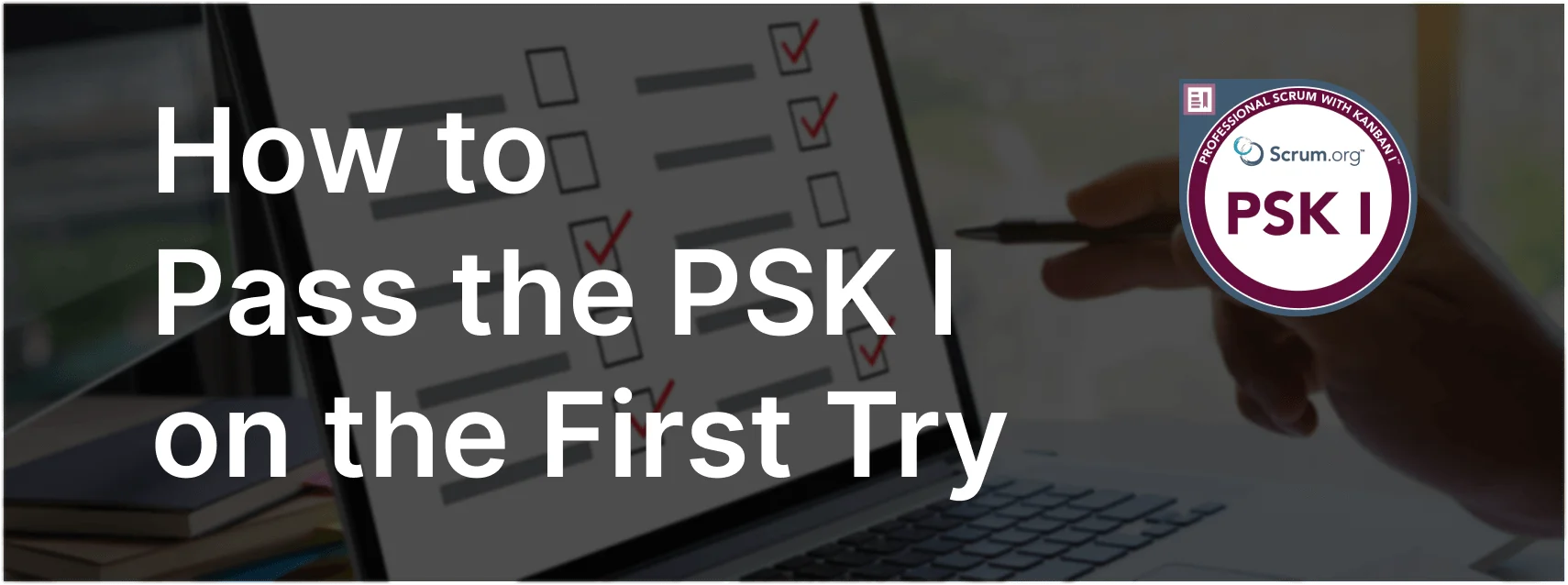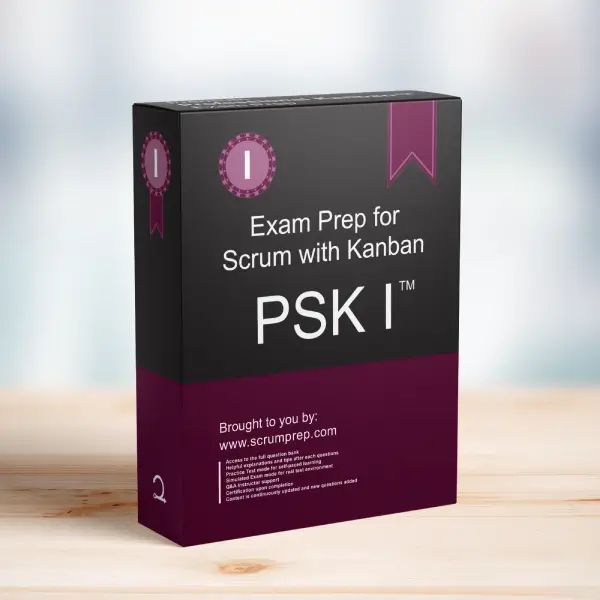Work in Progress (WIP) Limits and Self-Management
Understanding how Work in Progress (WIP) Limits relate to self-management is essential for effective Scrum and Kanban practices.
Exam Question
How do Work in Progress (WIP) Limits relate to self-management?
(choose the best two answers)
A. WIP Limits provide a boundary/container in which the Scrum Team self-manages.
B. WIP Limits inhibit self-management since they limit the team’s autonomy to pull work.
C. As part of self-managing Scrum Teams figure out their own WIP Limits.
D. A Scrum Master defines a WIP Limit to help the Scrum Team self-manage.
Correct Answers
A. WIP Limits provide a boundary/container in which the Scrum Team self-manages.
C. As part of self-managing Scrum Teams figure out their own WIP Limits.
Explanation
Correct Answers
A. WIP Limits provide a boundary/container in which the Scrum Team self-manages:
WIP Limits create a framework within which the team operates. These limits help the team manage their work efficiently, ensuring that they do not take on too much work at once, which can lead to bottlenecks and reduced productivity. Within these boundaries, the team has the autonomy to manage and prioritize their work.
C. As part of self-managing Scrum Teams figure out their own WIP Limits:
In a self-managing team, the members collaborate to determine appropriate WIP Limits. This empowers the team to take ownership of their workflow, make adjustments based on their capacity, and continuously improve their processes.
Why the Other Options Are Less Effective
B. WIP Limits inhibit self-management since they limit the team’s autonomy to pull work:
This statement is incorrect because WIP Limits are designed to enhance self-management by preventing overcommitment and ensuring a manageable flow of work. They support the team’s ability to self-manage rather than inhibit it.
D. A Scrum Master defines a WIP Limit to help the Scrum Team self-manage:
This statement is incorrect because WIP Limits should be determined by the team itself, not imposed by the Scrum Master. The Scrum Master’s role is to facilitate and support the team’s decision-making process, not to dictate it.
Importance of WIP Limits in Self-Management
- Preventing Overload: WIP Limits help teams avoid taking on too much work at once, which can lead to stress and inefficiencies.
- Promoting Focus: By limiting the number of work items in progress, teams can focus on completing tasks, improving quality and productivity.
- Enabling Continuous Improvement: Teams can adjust WIP Limits based on their experiences, allowing for continuous process improvement and adaptation to changing circumstances.
Effective Practices for Implementing WIP Limits
- Collaborative Decision-Making: Teams should work together to set and adjust WIP Limits based on their workflow and capacity.
- Regular Review: Continuously monitor and review WIP Limits to ensure they remain effective and adjust them as needed.
- Transparency: Make WIP Limits visible to all team members to ensure everyone is aware and can adhere to them.
Relevance to the PSK I Exam
Understanding how WIP Limits support self-management is crucial for the PSK I exam. It demonstrates knowledge of effective workflow management and the principles of self-managing teams within Scrum and Kanban.
Key Takeaways
- WIP Limits provide a framework for self-managing teams to operate within, preventing overload and promoting focus.
- Self-managing teams are responsible for setting and adjusting their own WIP Limits, fostering ownership and continuous improvement.
- WIP Limits support rather than inhibit self-management by creating manageable boundaries for work.
Conclusion
WIP Limits are essential for self-managing Scrum Teams, providing a framework within which they can operate effectively. Teams are responsible for determining their own WIP Limits, which supports continuous improvement and effective workflow management. For more information on preparing for the PSK I exam, visit our Professional Kanban PSK I™ Exam Prep.



